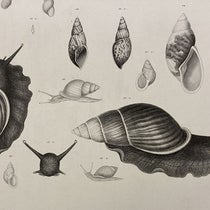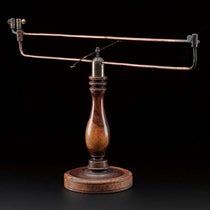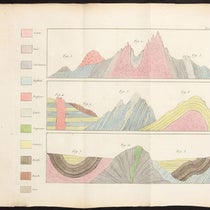Scientist of the Day - William Crookes
William Crookes, an English chemist, was born June 17, 1832. Around 1870, Crookes invented a partially-evacuated glass tube that contained two electrodes; when a high voltage was applied, the remaining gases in the tube would glow, and if certain phosphorescent materials were painted on the inside of the tube, parts of the tube would glow as well. Crookes had invented the cathode-ray tube, although at the time it was universally referred to as a “Crookes tube”. Researchers made them in all shapes and sizes, as much for entertainment as anything, but no one really understood what was going on inside the tube.
It was J. J. Thomson at the Cavendish Lab in Cambridge who, in 1897, figured out what was happening. Using a Crookes tube, and deflecting the cathode rays by a magnetic field, Thomson discovered that the cathode rays were actually very tiny particles with a negative charge. Thomson had discovered the electron. At about the same time, William Roentgen found that when the cathode rays strike the end of the tube, they produce radiation that can pass right through the tube wall. Roentgen had used the Crookes tube to discover X-rays. So Crookes’ device made quite an important contribution to what we often call the second scientific revolution, the birth of atomic physics.
In 1903, Vanity Fair published a colorful caricature of Crookes, which shows both his splendid beard and mustache, and his tube (second image). The first image shows a display of original Crookes tubes at the MUMOK, the Museum of Modern Art, in Vienna. We also see two other tubes with Maltese-cross cathodes (third image), and a view of a worship producing Crookes tubes in 1896 (fourth image).
Dr. William B. Ashworth, Jr., Consultant for the History of Science, Linda Hall Library and Associate Professor, Department of History, University of Missouri-Kansas City. Comments or corrections are welcome; please direct to ashworthw@umkc.edu.

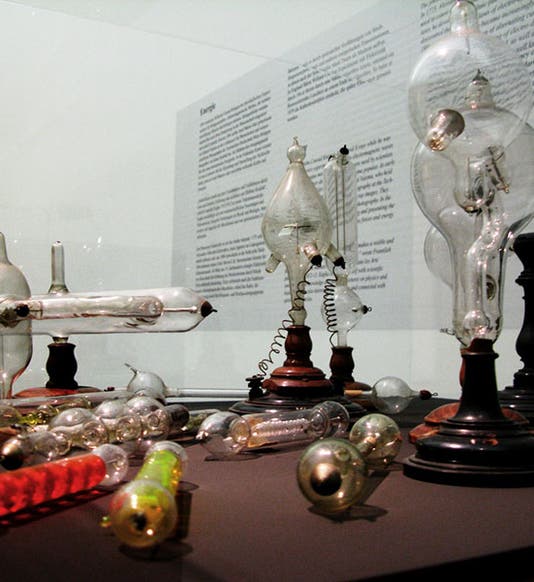
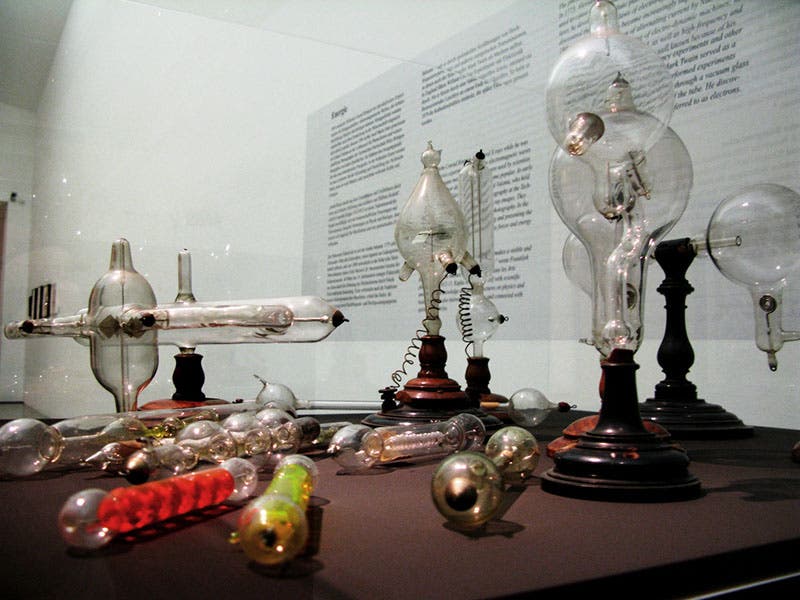
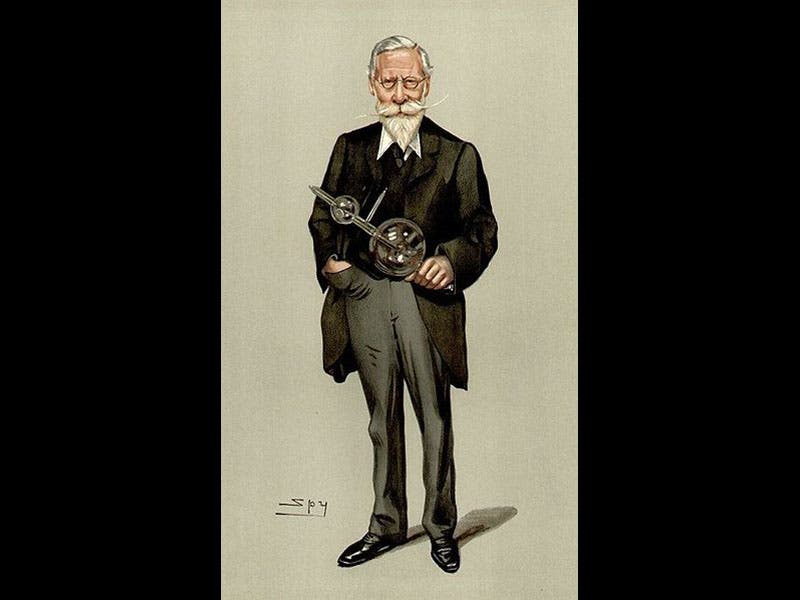
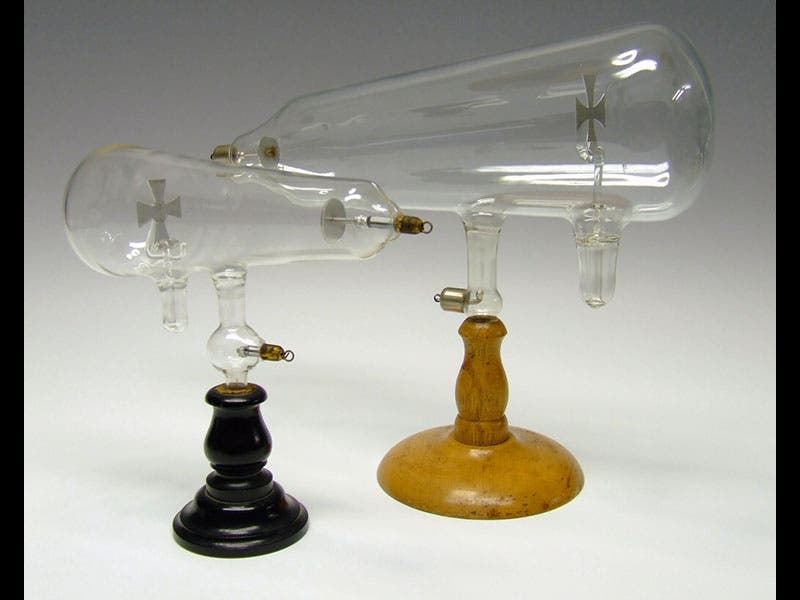
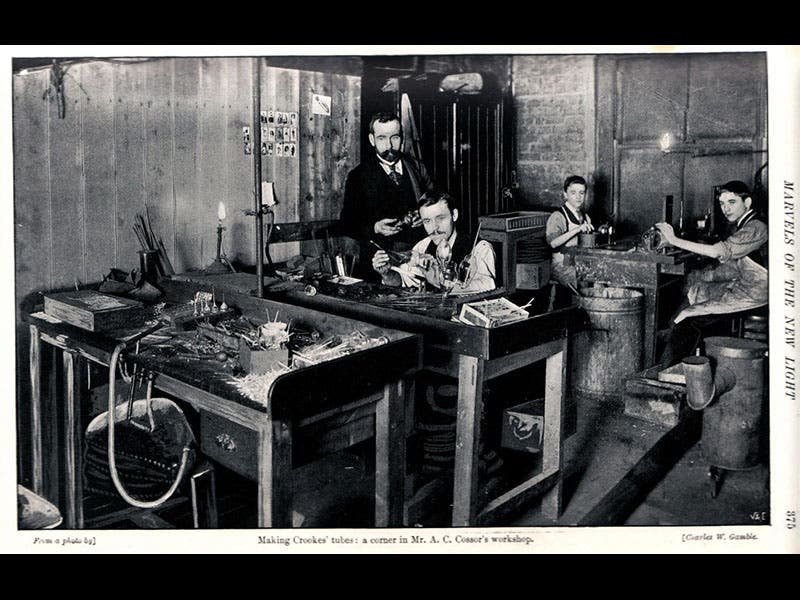
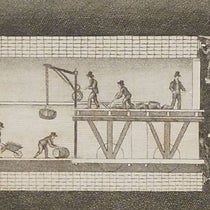
![“Aurora Borealis,” hand-colored wood engraving by Josiah Wood Whymper, [Natural Phenomena], plate 2, 1846 (Linda Hall Library)](https://assets-us-01.kc-usercontent.com:443/9dd25524-761a-000d-d79f-86a5086d4774/0245ffcb-b70c-477c-8792-0a73ebd54eb2/Whymper%2011.jpg?w=210&h=210&auto=format&fit=crop)
